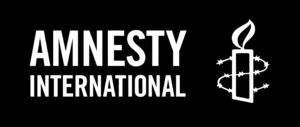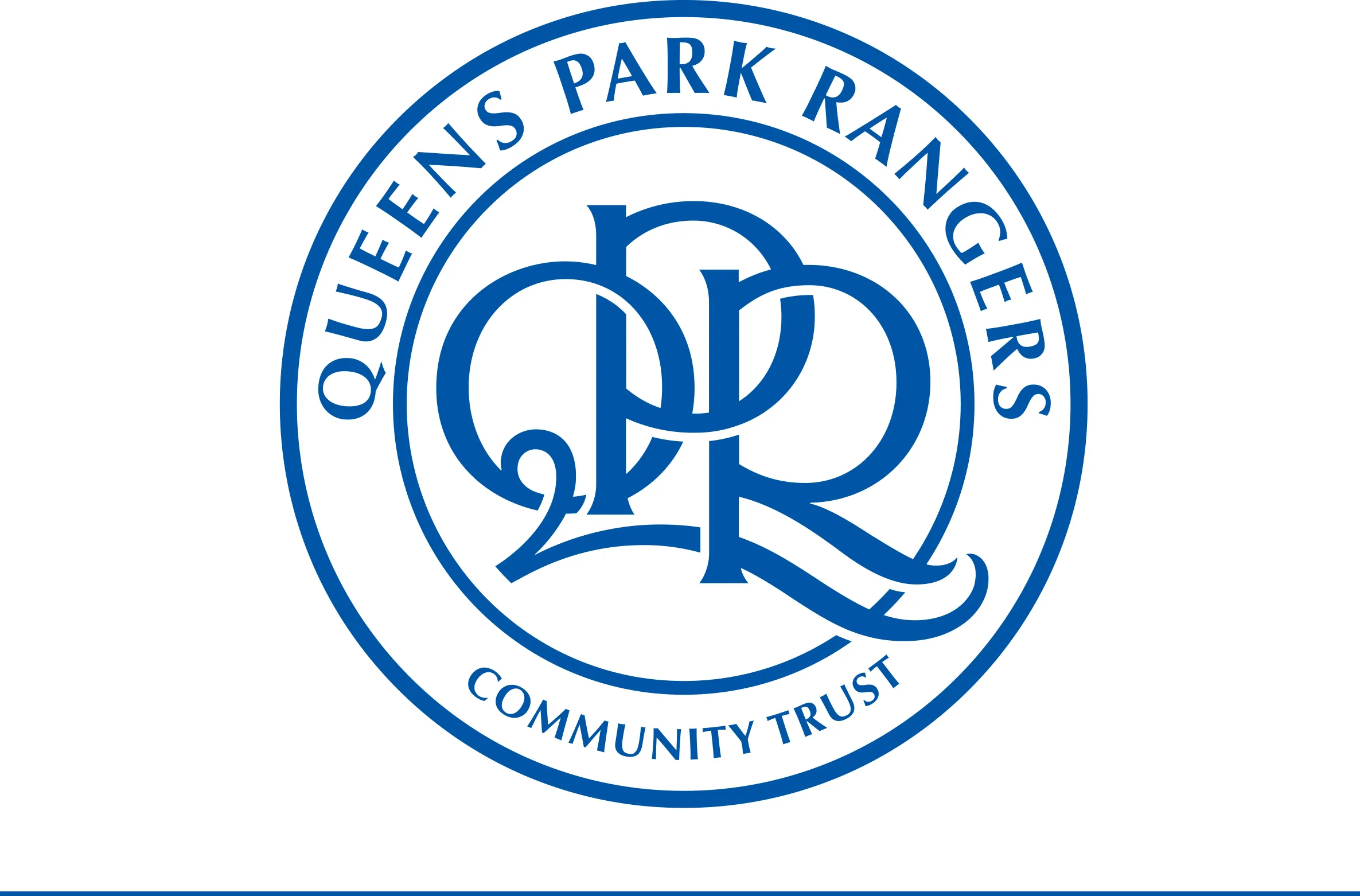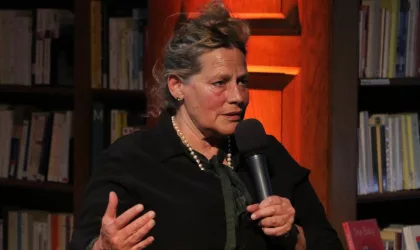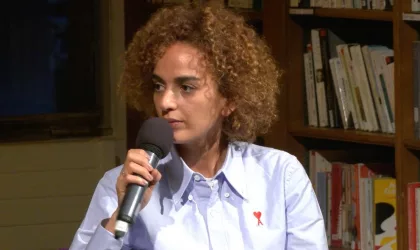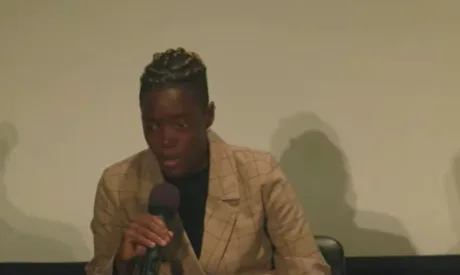

Copa 71
From Fri 15 to Thu 21 MarIt is August 1971. Football teams from England, Argentina, Mexico, France, Denmark and Italy are gathering at Mexico City’s sun-drenched Azteca Stadium. The scale of the tournament is monumental: lavish sponsorship, extensive TV coverage, merchandise on every street corner and crowds of over 100,000 hollering fans turn this historic stadium into ‘a cauldron of noise and heat’ match after match. A fawning media treat the players like rock stars. The atmosphere is reminiscent of the greatest moments in international football history.
But this is a tournament unlike anything that’s happened before. The players on the pitch are all women. And it’s likely you’ve never even heard of it. This is Copa 71, the unofficial Women’s World Cup. Dismissed by both FIFA and domestic football associations around the world, this event has been entirely written out of history. Until now.
Discussion
The screening on 16 March at 15.45 will be followed by a panel discussion with football players Nicole Melling, Kasha Petit, Courtany Ward-Chambers and Najma Arefi, Sandy Abi-Elias, Women's Football Officer for Amnesty International and Maria Fernandes, Football Consultant (Football Association). (read more below)
About the panel discussion
Since the COPA World Cup, the women’s game has come a long way, but only in certain parts of the world. In partnership with Karmabank, Amnesty International and QPR Football club, we’re delighted to be hosting a post screening panel where we’ll discuss the real experience of the women’s game and the wider social impact of inclusive sport.
On the panel will be Nicole Melling, Kasha Petit & Courtany Ward-Chambers from the QPR women’s football team, Najma Arefi who played for Herat City in Afghanistan before seeking asylum in the UK, Sandy Abi-Elias, Women’s Football Officer for Amnesty International.
This event is produced in collaboration with Karmabank.


